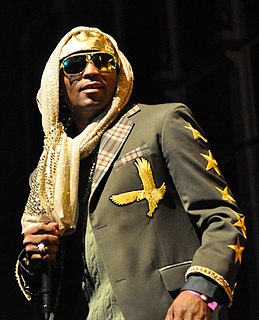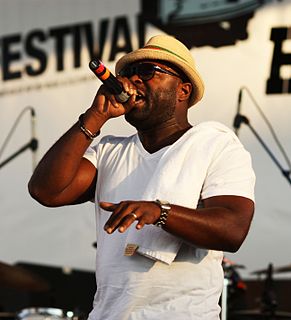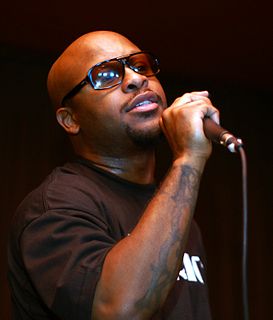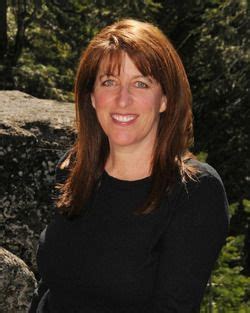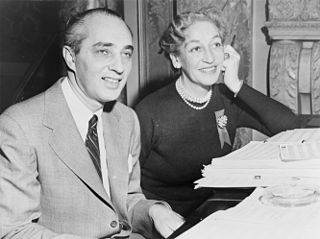A Quote by Jarvis Cocker
A song can't be completely serious if you rhyme melodic with alcoholic.
Related Quotes
This is what rhyme does. In a couplet, the first rhyme is like a question to which the second rhyme is an answer. The first rhyme leaves something in the air, some unanswered business. In most quatrains, space is created between the rhyme that poses the question and the rhyme that gives the answer - it is like a pleasure deferred.
"Tabernacle" was probably the easiest song I'd ever wrote because all I really had to do was rhyme the words since the whole story, front to back, was already in my head. All I needed to do was verbalize it, and if it didn't have to rhyme I could've just freestyled it because I already knew what I wanted to say.
I think the B-52's were a huge influence on Sleater-Kinney. The way that there'd be a really interesting guitar line that'd be really melodic and kind of simplistic, I really related to that. The sense of melody is really intense and fun. It's not just traditional song structures, but it's very melodic and draws you in, in kind of an immediate way.
Basically, I'm going to take what you did, the bare-bones structure of what you were trying to do, how you were attacking the song, and attack it in pretty much the same way, just with more intensity to show you that you could've come harder. Like, I've been in situations where I've had to tell a cat how to rhyme his rhyme.
There are no limitations with a song. To me a song is a little piece of art. It can be whatever you like it to be. You can write the simplest song, and that's lovely, or you can just write a song that is abstract art. ... A lot of my songs are very serious, I'm like dead serious about certain things and I feel that I'm writing about the world, through my own eyes. ... I have a love for simple basic song structure, although sometimes you'd never know it. ... Most of the songs I wrote at night. I would just wake in the middle of the night. That's when I found the space to write.

